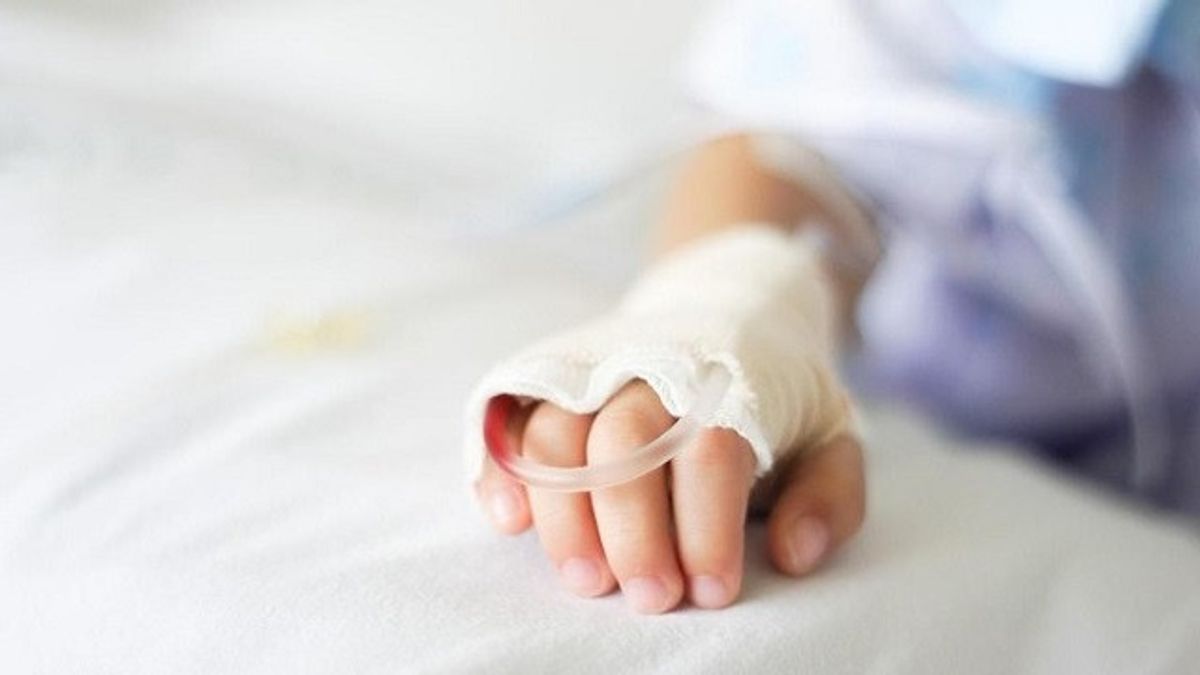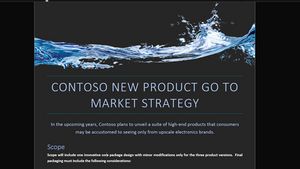JAKARTA The spike in cases of acute kidney disorders in children under the age of six in Gambia began to be detected at the end of July 2022. Until early August alone, 28 children died from this disease. Then, until October 14, 2022, the death rate continued to increase to reach 70 children.
Deaths are generally due to the inability to urinate, fever, and vomiting that has occurred for more than 4 days.
According to Reuters, Gambia's director of health services, Mustapha Bittaye said the autopsy results showed the possibility of using hot depletion drugs or paracetamol.
A number of patients began to fall ill with kidney problems three to five days after drinking paracetamol Johns sold locally, he said.
So far, WHO has issued warnings for medical products for four identified drugs with great potential resulting in acute kidney disorders in children.
The four drugs are cough mild and runny nose produced by a drug company in India.
The World Health Organization (WHO) investigators have discovered an unacceptable dietilen glycol and glycol ethilene levels, which can be toxic, in four products made by New Delhi-based Maiden Pharmaceuticals Ltd, wrote Reuters.
WHO Director-General, Tedros Adhanom Ghebreyesus also appealed to all countries to be careful.
Not only in Indonesia, reports of cases of acute kidney disorders in children have also increased rapidly since the end of August 2022, especially children under the age of five.
As of October 18, 2022, there have been 206 cases of acute kidney disorders, 99 of which or about 48 percent died.
Currently, the Ministry of Health (Kemenkes) together with the Indonesian Pediatrician Association (IDAI) have formed a team to conduct further searches and research related to cases of acute kidney disorders in children.
Temporary results based on examination of the remaining samples of drugs consumed by patients, said Spokesperson for the Ministry of Health (Kemenkes) dr Mohammad Syahril, found traces of compounds that have the potential to cause progressive acute kidney disorders.
"If you look at the results of the investigation in Gambia, it is indeed associated with compounds that exist in 4 kinds of cough and runny nose drugs that contain ethylene glycol and diethylene glycol. However, we have not been able to hold this because it is still under research," he said during a press conference via zoom, Wednesday (19/10).
To be sure, there is no evidence of an acute kidney failure relationship with the COVID-19 vaccine or infection. This is because acute kidney disorders generally attack children aged less than 6 years. Meanwhile, the Covid vaccination program has not targeted children aged 1-5 years.
Previously, the Food and Drug Supervisory Agency (BPOM) had also confirmed that paracetamol products produced by India which were allegedly the cause of acute kidney problems in Gambia were not registered and were not circulating in Indonesia.
"However, the chemical compound ethilen glycol and dietilen glycol can be found as cypress in glycerin or glycol propylene which is used as an additional solvent substance in children'skatan drug products," BPOM wrote in its official broadcast, Wednesday (19/10).
On that basis, in order to increase vigilance in prevention efforts, the Ministry of Health has asked all health workers in health facilities not to prescribed drugs in the form of liquid orANG.
The Ministry of Health also asks all pharmacies not to sell all free and/or free drugs in liquid orANGe to the public. This is only temporary until the results of the search and research are complete.
Not only paracetamol, but all liquid drugs orANGes. Not because of the drug content but there may be other components that cause poisoning or poisoning, dr. Mohammad Syahril asserted.
Alternatively, it can use other forms of inventory, such as tablets, capsules or forms of drugs that can be inserted through anal and injection.
"We together with BPOM are still continuing to explore and research comprehensively including other risk factors. So, not only because of drugs but also other risk factors. To save our children, a policy was taken to carry out these restrictions," he explained.
Illustration - The Ministry of Health asks all pharmacies not to sell all free and/or free drugs in liquid orrah to the public. (Pixabay)
Related to that, parents must also be vigilant, especially parents with children under 18 years old. If you experience symptoms of decreased urine amount and decreased frequency of urination, consult a doctor immediately.
"Generally it can be with or without fever, can be with or without diarrhea, cough, runny nose, fever, and vomiting," continued dr. Mohammad Syahril.
It is better if when consulting a doctor, the patient or the patient's parents also include a previous history of treatment, including medicines that have been consumed.
"As a first step in reducing the fatality of this acute kidney disorder, we have purchased antidotum or bidders who are imported from abroad to be given to patients who are currently being treated. Not only those in RSCM as referral hospitals, but also for all hospitals in Indonesia," he said.
The English, Chinese, Japanese, Arabic, and French versions are automatically generated by the AI. So there may still be inaccuracies in translating, please always see Indonesian as our main language. (system supported by DigitalSiber.id)








